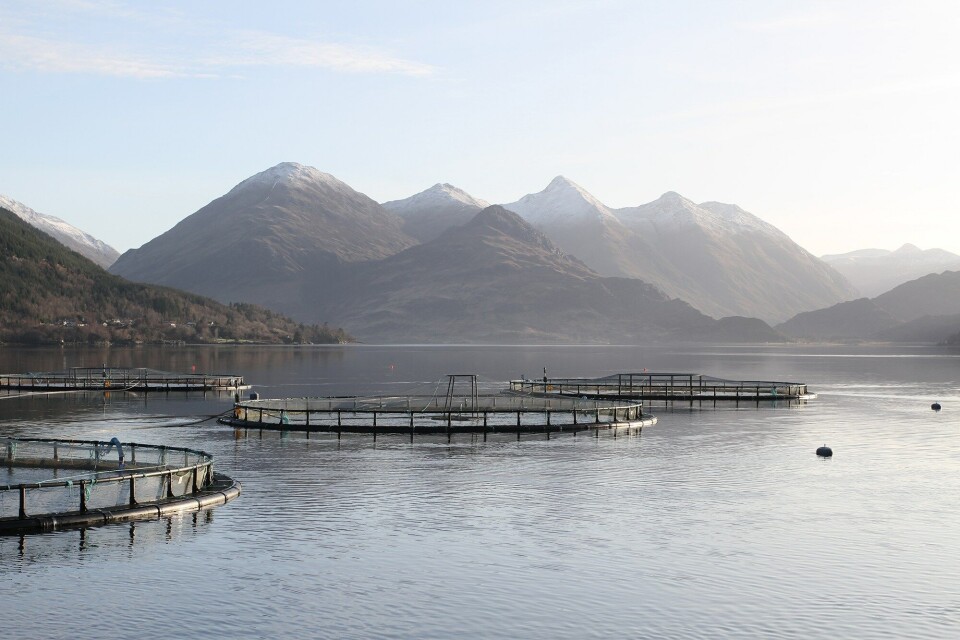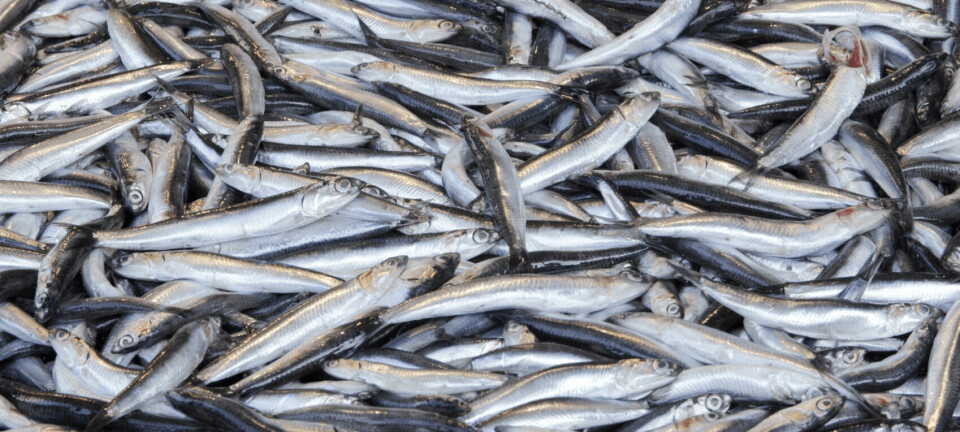
Scots government's three-part plan for aquaculture
Low-impact production systems, a new approach to Depositional Zones, and a constructive relationships between the aquaculture sector and its neighbours are the three main aims highlighted in a policy statement by the Scottish Government.
Fergus Ewing, Cabinet Secretary for the Rural Economy and Connectivity, and Roseanna Cunningham, Cabinet Secretary for the Environment, Climate Change and Land Reform, noted that the aim of Scotland’s National Marine Plan is an aquaculture industry that is sustainable, diverse, competitive, economically viable and which contributes to food security whilst minimising environmental impact.

In a joint ministerial statement, Ewing and Cunningham said: “Aquaculture is, and will remain, a key contributor to Scotland’s rural economy. It provides employment and investment, particularly in some of our most remote, coastal communities and is estimated to generate economic activity in Scotland worth £1.86 billion every year, supporting 8,300 jobs. The Scottish Government recognises that a sustainable aquaculture sector is a particularly resource and carbon efficient means of producing animal protein and also contributes to food security.
“We also recognise the need to protect Scotland’s environment on which the sector and many others, such as freshwater fisheries, depend. This policy statement sets out how the Scottish Government and its agencies will work constructively with the sector and others with a direct interest to operate a policy and regulatory framework that enables sustainable growth while maintaining the right balance across our economic, environmental and social responsibilities.
Potential for growth
“The sector’s continuing active management of risks to the environment is an essential part of maximising this potential for growth. For our part, we will continue to strive to ensure planning and consenting processes are responsive, accessible and proportionate to enable measured development while protecting the environment and supporting communities.
“To strike the right balance between the benefits that continued growth of the aquaculture industry will provide, whilst managing the potential impacts on our sea-lochs and other coastal waters, the Scottish Government will promote the following aims:
- low-impact production systems, building on progress made to date by industry, which manage fish health challenges and enable continued growth while protecting marine ecology.
- new approach by SEPA to identifying Depositional Zones, to support appropriate growth of the industry whilst achieving River Basin Management Plan targets.
- collaborative and constructive relationships between the aquaculture sector and its neighbours to support positive interactions amongst marine users.
“We firmly believe that these actions, underpinned by a robust, proportionate and effective regulatory regime, will ensure the long-term sustainable growth of the aquaculture sector in Scotland, whilst protecting our natural assets on which the industry and others depend. And we remain confident that the sector, with its clear aspiration towards ambitious targets and innovative approaches, can continue its success as a world leader in truly sustainable aquaculture production and quality.”




















































